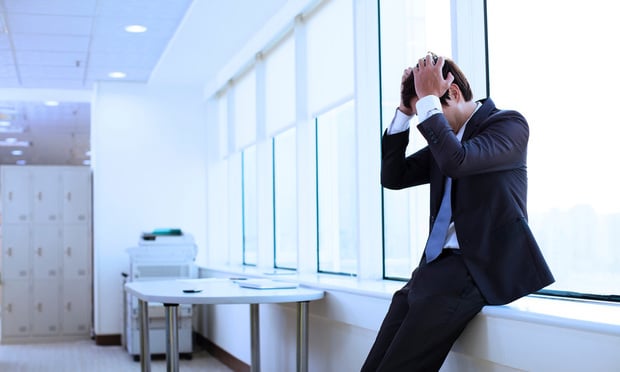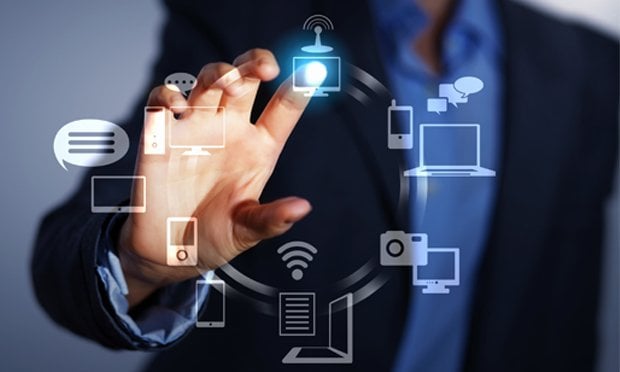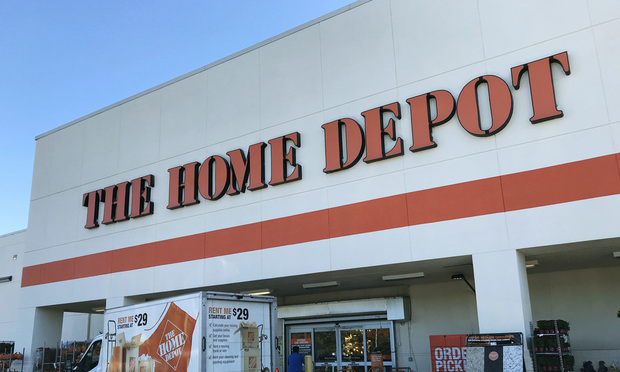(Bloomberg View) — Hoverboards are the hot gift this holiday season. Perhaps too hot, according to the U.S. Consumer Product Safety Commission. In recent weeks, the commission has received at least 10 reports of the motorized, self-balancing scooters bursting into flames; new reports are "increasing daily." In response, Amazon has de-listed most hoverboards, and airlines are banning them from planes. Under fire, the commission's launched an immediate investigation.
Inspectors won't have to look far for answers. As Wired reported last week, many cheap, no-name hoverboards (some of them costing less than $200) are packed with low-end, Chinese-made batteries with a propensity to ignite. That's a problem for Americans who economized on their hoverboard purchase. But it's an even bigger problem for Chinese manufacturers as they struggle to overcome a reputation for turning out shoddy products. At a time when the government is spending handsomely to improve the standards of Chinese manufacturing, the hoverboard debacle is an opportunity to take stock.
Related: Protect yourself! 5 steps to ensure smart product liability coverage
Step one is recognizing that despite ongoing efforts, China has made very little progress in improving its product standards. In 2014, for example, the European Union reported that 64% of the products recalled or withdrawn from member countries for safety issues had originated in China. More recently, the U.K. government announced that 88% of the 17,000 hoverboards it had inspected since mid-October had been found "unsafe" and been impounded. (For perspective, 400,000 hoverboards were shipped from one Chinese city in October alone.) Indeed, the high premium that Chinese consumers themselves place on foreign-made goods — especially those from arch-rival Japan — testifies to the deep mistrust of locally-made goods.
The irony is that China Inc.'s quality issues are partly a function of one of its greatest comparative advantages: the speed and adaptability of Chinese factories. The question of who invented the hoverboard is debatable, but by the time it became a cultural phenomenon over the summer (when Jamie Foxx rode one onto the Tonight Show stage), dozens if not hundreds of Chinese manufacturers were making them. Some had been churning out less- faddish products only weeks before.
Several factors enabled such a quick transition. First, intellectual property protection is weak in China, so copycat manufacturers have little to fear from ripping off new products. Second, China's regulatory framework is also weak, with few products subjected to safety reviews (such as the United Laboratories — or UL — reviews that are a gold standard in the U.S.) or to product-liability lawsuits. As a result, manufacturers have little reason to take the extra time to make a product right — and every incentive to speed it out the factory door.
Finally, there's the extraordinary manufacturing ecosystem that's evolved in southern China over the past three decades. Within 200 miles of the high-tech hub of Shenzhen, factories produce parts and components to make almost any electronic good. Lately, lithium-ion batteries — found in everything from cars to iPhones — have become a key ingredient. According to Woodbank Communications, a U.K. battery consultancy, over 100 companies now make lithium batteries in China.
Some of them turn out high-quality products for companies like Apple and Samsung. For a company to gain access to those high-end batteries, however, requires being able to order in Apple or Samsung quantities. Small manufacturers looking to make 10,000 hoverboards (as opposed to tens of millions of iPhones) are out of luck. So they're left dealing with smaller companies who often maintain subpar standards.
Related: Here's what you need to know about fire safety during the holidays
Cleaning up these safety issues is going to require reforms that go well beyond the investments in Internet infrastructure, automation, and R&D that the Chinese government is currently sponsoring. A key first move is enforcing the health and safety regulations that China already has on its books. In August, for example, China rolled out a long-awaited safety-and-quality standard for lithium-ion batteries; judging by the recent hoverboard problems, companies seem to be ignoring the rules. Meanwhile, Chinese law provides for government-chartered consumer groups like the China Consumers' Association to file lawsuits — including product liability lawsuits — on behalf of consumers; they should start doing so. Until Chinese manufacturers face real costs for their mistakes, problems will persist.
Meanwhile, retailers like Amazon can help. According to one hoverboard manufacturer quoted by CNET, last Friday Amazon demanded that hoverboard manufacturers "provide documentation demonstrating that all hoverboards you list are compliant with applicable safety standards" in order to be listed on its site. While such measures may not do much to help hoverboard sales this year, maybe 2016′s hot gift won't be a threat to set the tree on fire.
This column does not necessarily reflect the opinion of the editorial board or Bloomberg LP and its owners.
Join us on Facebook and give us a Like!
Want to continue reading?
Become a Free PropertyCasualty360 Digital Reader
Your access to unlimited PropertyCasualty360 content isn’t changing.
Once you are an ALM digital member, you’ll receive:
- Breaking insurance news and analysis, on-site and via our newsletters and custom alerts
- Weekly Insurance Speak podcast featuring exclusive interviews with industry leaders
- Educational webcasts, white papers, and ebooks from industry thought leaders
- Critical converage of the employee benefits and financial advisory markets on our other ALM sites, BenefitsPRO and ThinkAdvisor
Already have an account? Sign In Now
© 2025 ALM Global, LLC, All Rights Reserved. Request academic re-use from www.copyright.com. All other uses, submit a request to [email protected]. For more information visit Asset & Logo Licensing.








